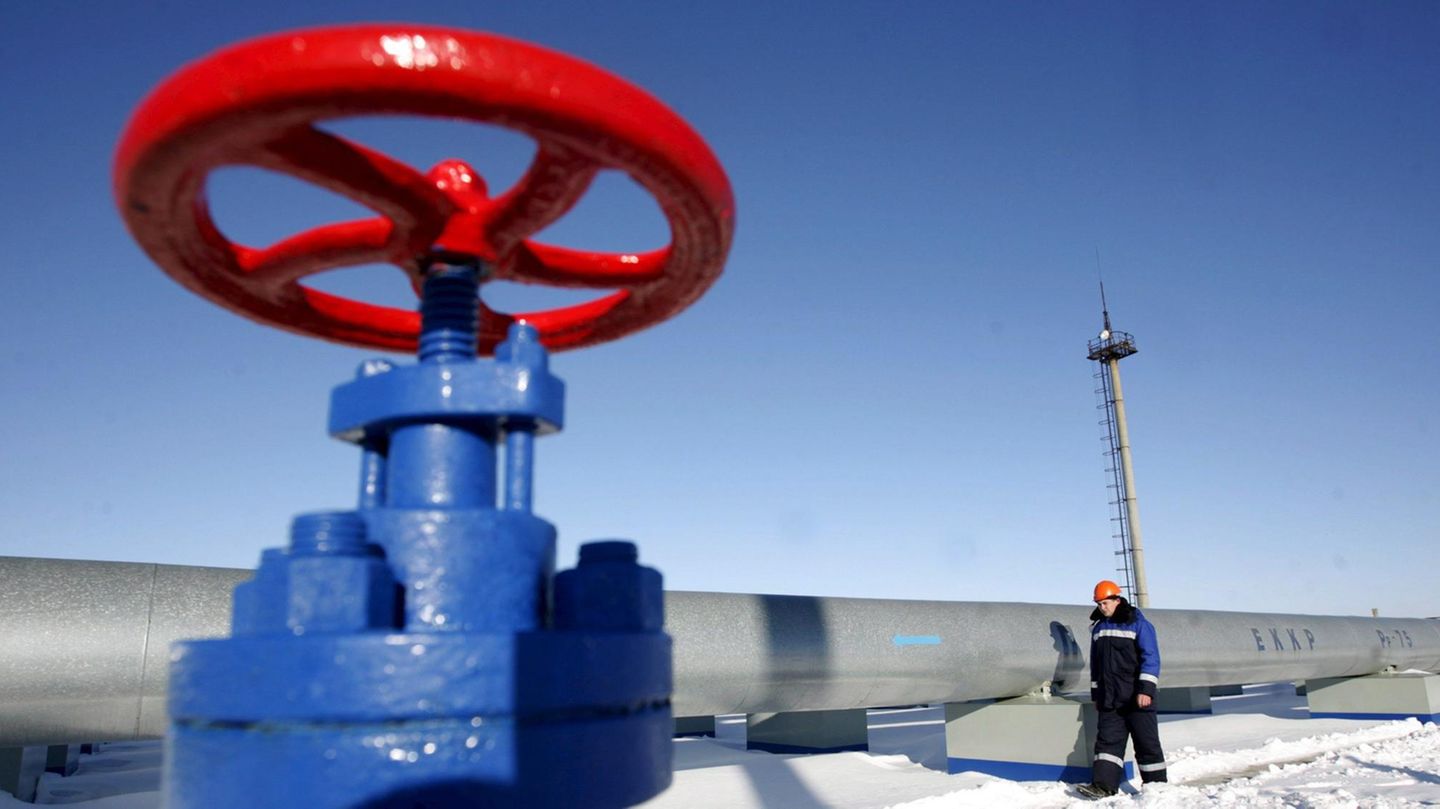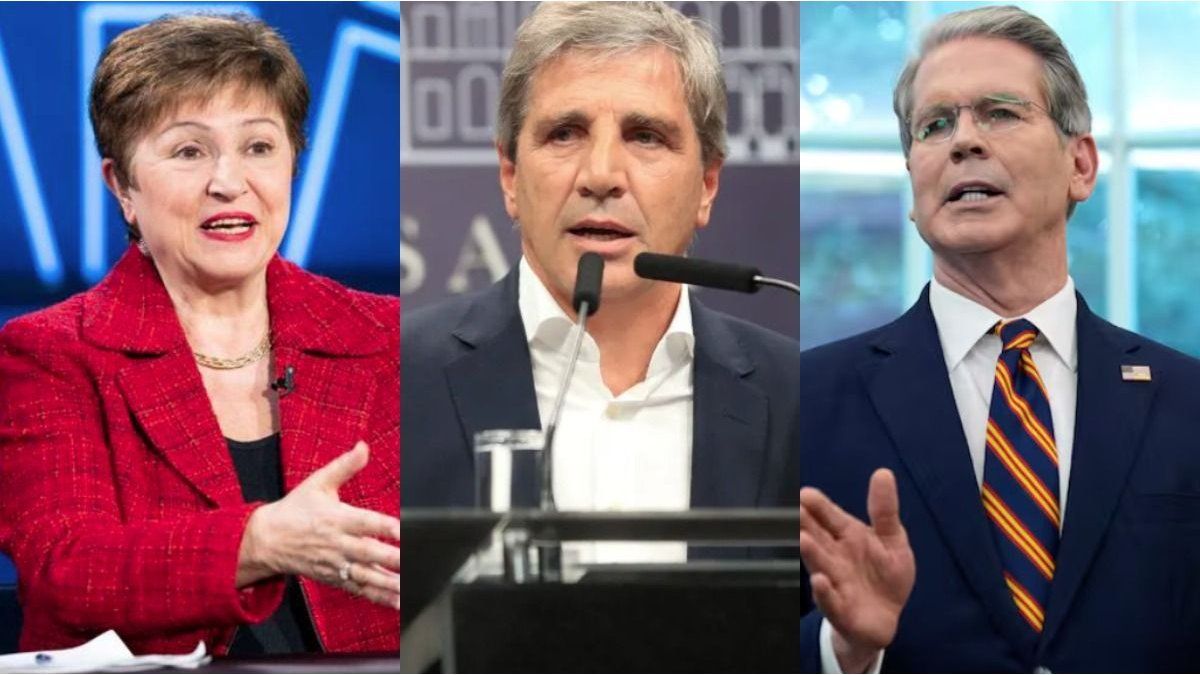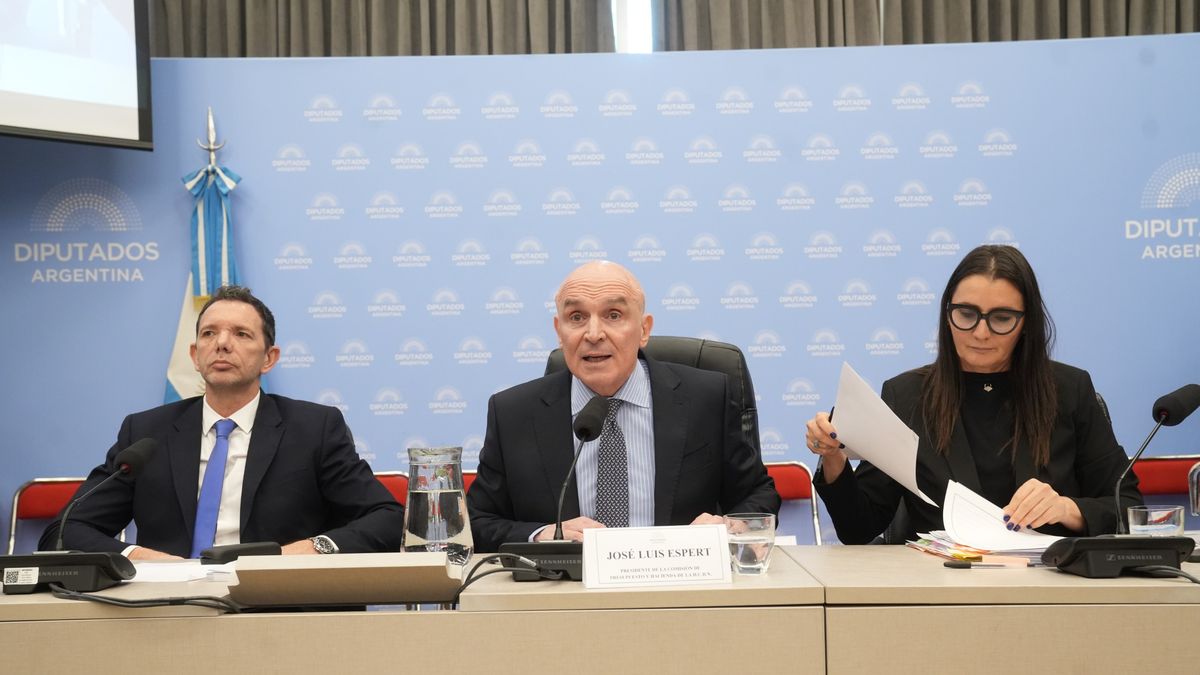opinion
Vladimir Putin launched the invasion of Ukraine. The response to this must be as painful as possible for Russia – even if it hurts us.
After the Russian attack on Ukraine, Germany wants to put together a very large bundle of sanctions against Moscow. “We will launch the full package with the most massive sanctions against Russia,” announced Federal Foreign Minister Annalena Baerbock. Economics Minister Robert Habeck announced very rapid economic sanctions by the EU and the USA.
Baerbock and Habeck kept to themselves which punitive measures the federal government has in mind. Berlin initially wants to coordinate this internationally with the European Union, NATO and the strongest economic powers in the G7 format. One topic definitely needs to be on the table: Russia’s energy sales to the West.
Russia is also paying for the Ukraine war with gas proceeds
If Germany takes itself seriously, then it must do more now than stop and re-evaluate, as Chancellor Olaf Scholz called it, Nord Stream 2. It now has to turn off the tap on Russian gas itself, because the export of oil and gas is the Kremlin’s most important source of income. And that means that with every cubic meter of gas that we buy from Russian President Vladimir Putin, we are also indirectly financing his war against Ukraine.
The federal government refuses to support Kiev with weapons, citing the political principle that Germany does not export any weapons of war to crisis areas. Then she must also refuse to provide Russia with money, with the help of which Putin is building the tanks that are currently rolling into Ukraine. You can’t assure the Ukrainians that you’re on their side, just supply them with helmets to protect the soldiers’ heads from Russian shrapnel, and at the same time pay for the Russian grenade launchers.
An energy embargo would be a big step for the federal government, but should it succeed in getting the other countries of the European Union on board, it would be a punitive measure that would hit Russia hard. The EU estimates that an EU gas trade freeze would result in a slump in Russian economic output of almost three percent. A halt to trading in oil means a drop of a good one percent. It doesn’t matter whether the EU imposes an import embargo or whether Russia turns off the gas tap.
Of course, doing without Russian gas would also cause problems in Germany, because Germany gets more than half of its natural gas imports from Russia. But even experts disagree on how big these problems would actually be. This assumes the possibility of sharply rising gas prices, an inflation rate of up to 6.1 percent and lower economic growth in 2023. However, the IW also emphasizes that these are possible developments and not forecasts.
The IfW, on the other hand, believes that an EU oil and gas embargo against Russia would hardly affect its own economy. “For Germany and the EU, the economic damage would be extremely small in both cases,” concluded the Kiel institute based on a simulation. In the event of a trade stop for gas, German gross domestic product would grow by as much as 0.1 percent, because the western allies would replace the missing imports from Russia with products from the alliance partners and Germany – which, for example, has relatively little Russian for energy-intensive metal production and processing Gas used – here is particularly competitive.
If necessary, the coalition must improve the relief package
Those who are correct in their assessments – the IfW or the IW – should ultimately make no difference anyway. Because the German energy supply is secured even without Russian gas, as Economics Minister Habeck assured after Putin’s Ukraine attack. Precautions have been taken for this in the past few weeks. And if energy prices shoot up too much, the coalition will have to follow up on the package it decided on Wednesday to relieve the burden on citizens, even if it could be expensive.

In our globalized world, sanctions almost never affect only those for whom they are intended. They always have an impact on the countries from which they come. But for the federal government, the moral compass must now set the direction and not the cash book. Therefore, none of the consequences described here can justify pouring more money into the war coffers for Putin by buying his energy sources.
Source: Stern
David William is a talented author who has made a name for himself in the world of writing. He is a professional author who writes on a wide range of topics, from general interest to opinion news. David is currently working as a writer at 24 hours worlds where he brings his unique perspective and in-depth research to his articles, making them both informative and engaging.




